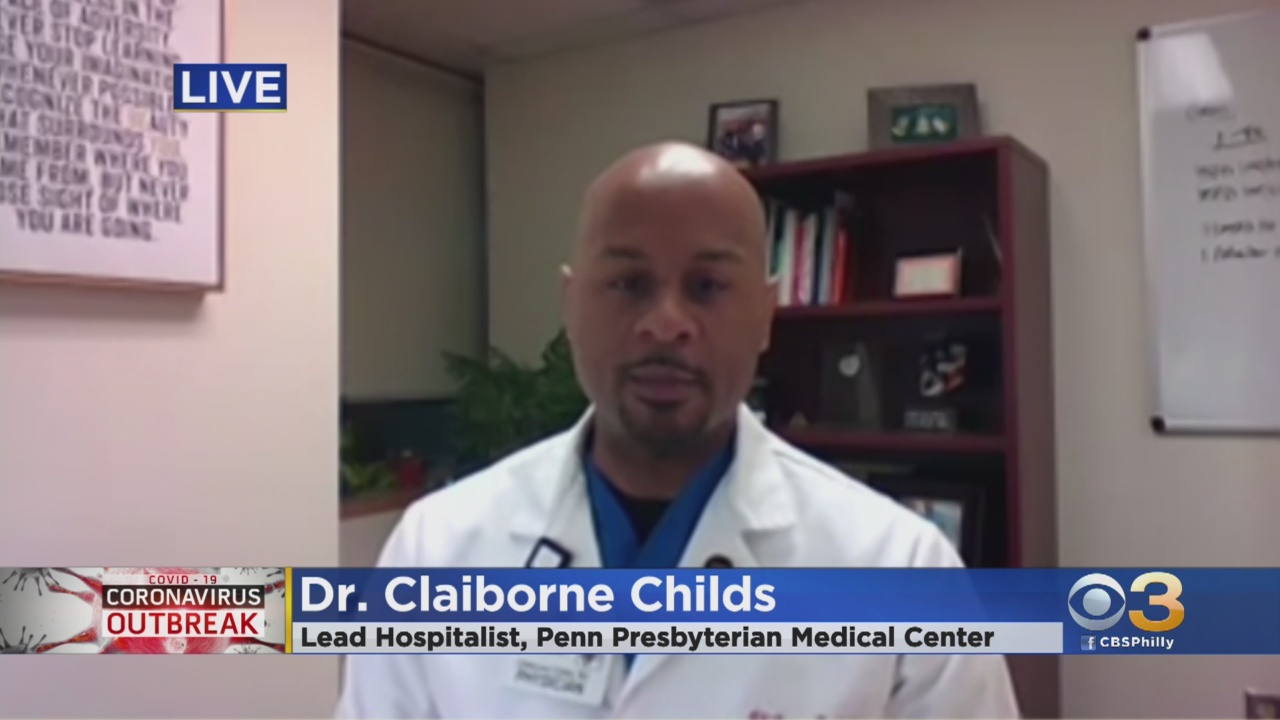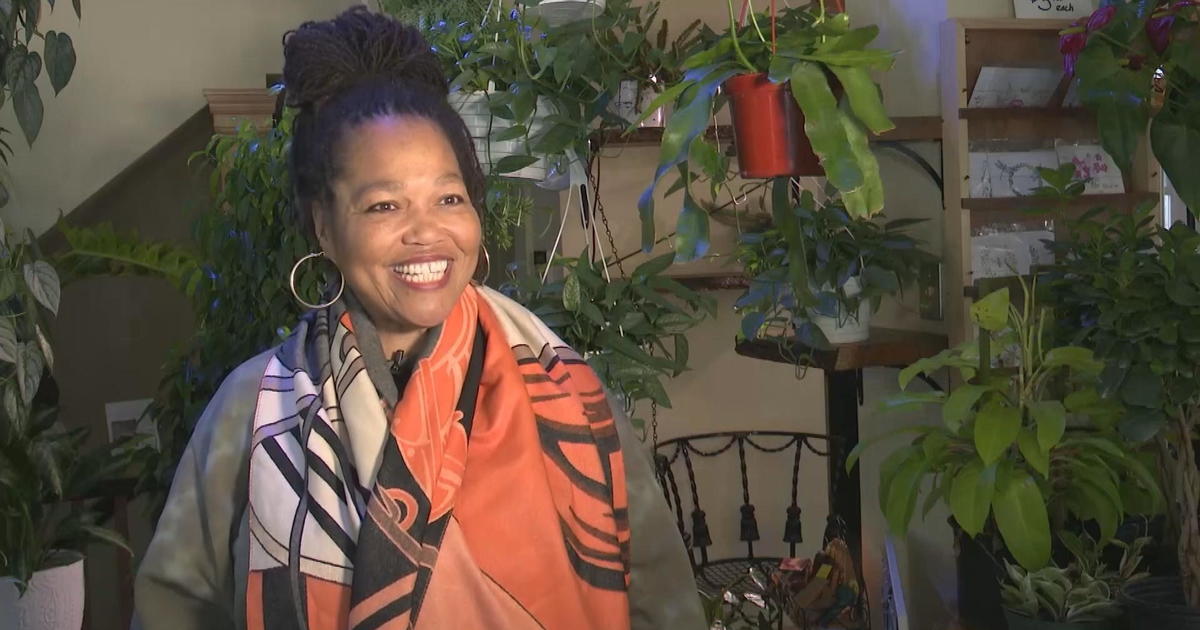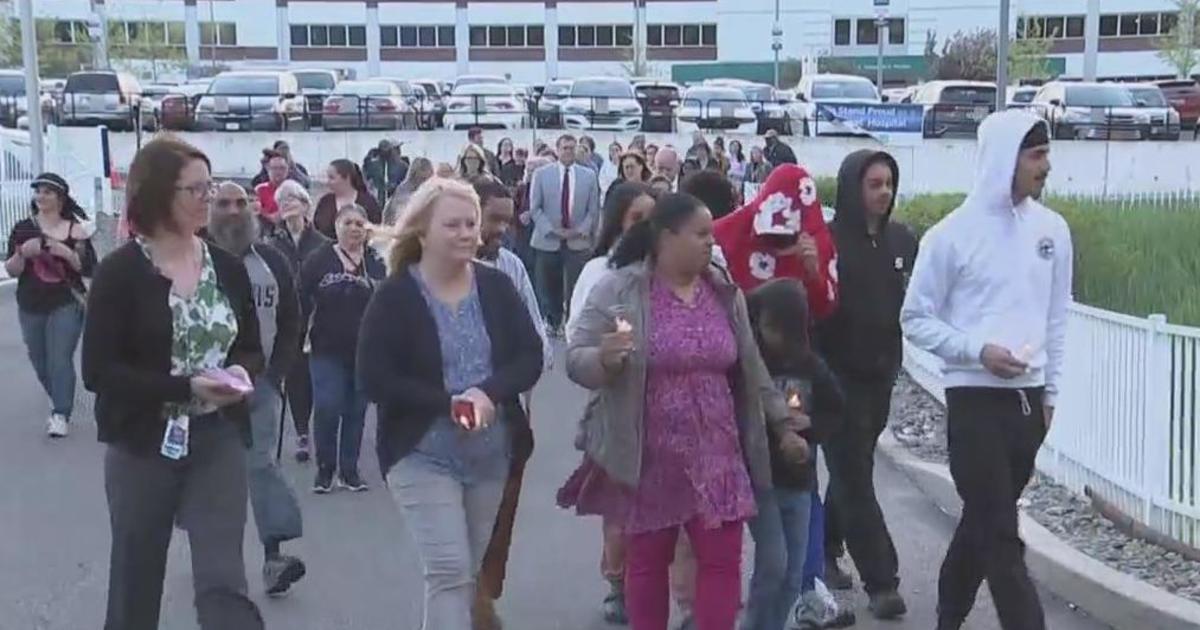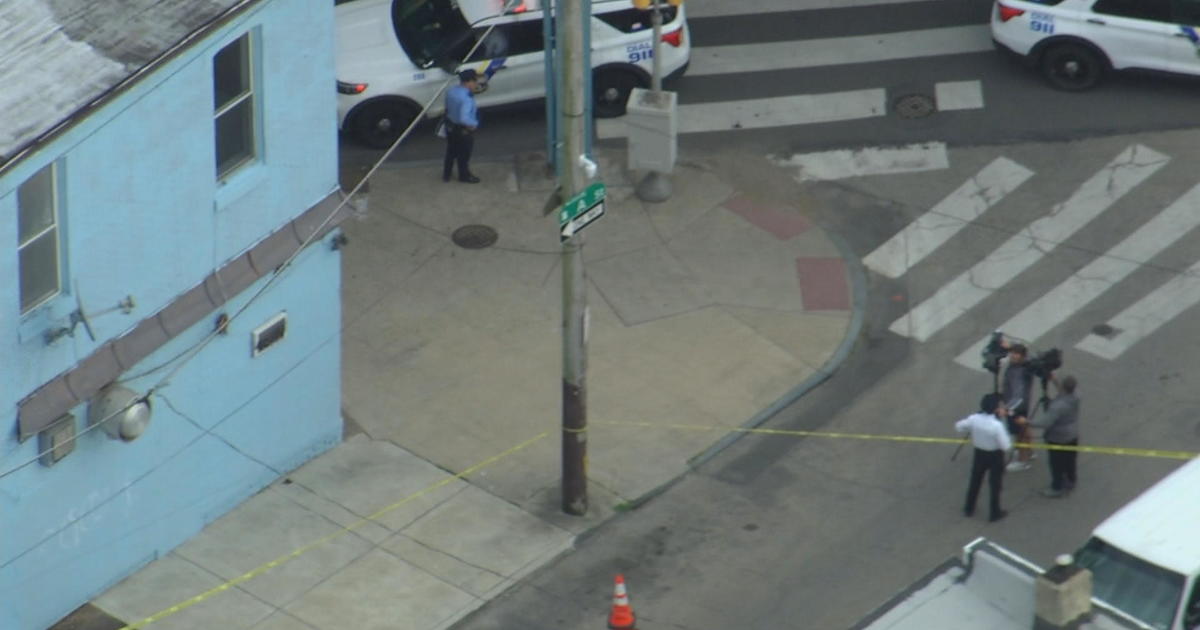Coronavirus Latest: Health Care Workers On Frontlines Of COVID-19 Bracing For Worst In Coming Weeks
PHILADELPHIA (CBS) - Health care workers on the frontlines in Pennsylvania are bracing for the worst as the cases of COVID-19 are expected to peak in the coming weeks. Eyewitness News spoke to Dr. Claiborne Childs, the lead hospitalist at Penn Presbyterian Hospital, on what we can expect during the surge.
Q: Are Philadelphia hospitals bracing for the expected surge?
I do feel that we're prepared. One thing I think we have here in the Philadelphia region is we have a bit more time than I think our colleagues in other parts of the country had. I know here at Penn Medicine, something we've been doing is actually talking to the physicians in Seattle and talking to physicians in New York to really get their perspective and sort of prep for some of the pitfalls that they faced and some of the challenges they faced with providing care to patients.
The number of cases here in the Philadelphia region compared to New York City are much less. I think the state of Pennsylvania, we have about 13,000 cases. For New York state, it's about 130,000 cases, so about ten times more. So we have some time and I think that we are using this time as carefully, as best as we can to really be prepared.
Q: Have you learned any lessons from the situation in New York and in Seattle?
I feel we're pretty well prepared, we're pretty well stocked. Again, this has to do with the fact that we had a bit more time. So we had time to move the right equipment, to make sure we order the correct supplies, to make sure we have the mechanical ventilators there if we need them, to make sure that we can clear off and reorganize our hospital floors to provide the right amount of ICU care needed. So, I think we're not quite feeling as much of a pinch as our colleagues in other parts of the country are, but again, mainly due to the fact that we had time, a little bit more time than they did to be prepared.
Q: What has it been like for you, personally, dealing with COVID-19 up close every day?
Well, it has been surreal. You know, our training really prepares us to take care of patients.
I think, you know, any physician or any provider or any nurse, we all went to medical school, nursing school, we've all been trained to take care of patients. And I think we will continue to do that. That's kind of in our DNA. I think that the challenge that really concerns us is if it gets to a point that our patients don't have the resources, that we don't have the resources to take care of our patients. I think that is something that our training doesn't really prepare you for.
So I think that that is sort of in the back of our mind, if we get to point that we're not able to provide the best care we would normally provide. I think that's a fear that keeps us up at night. If we get to this surge, will we be able to meet the need of our patients?
WATCH THE FULL INTERVIEW ABOVE.




